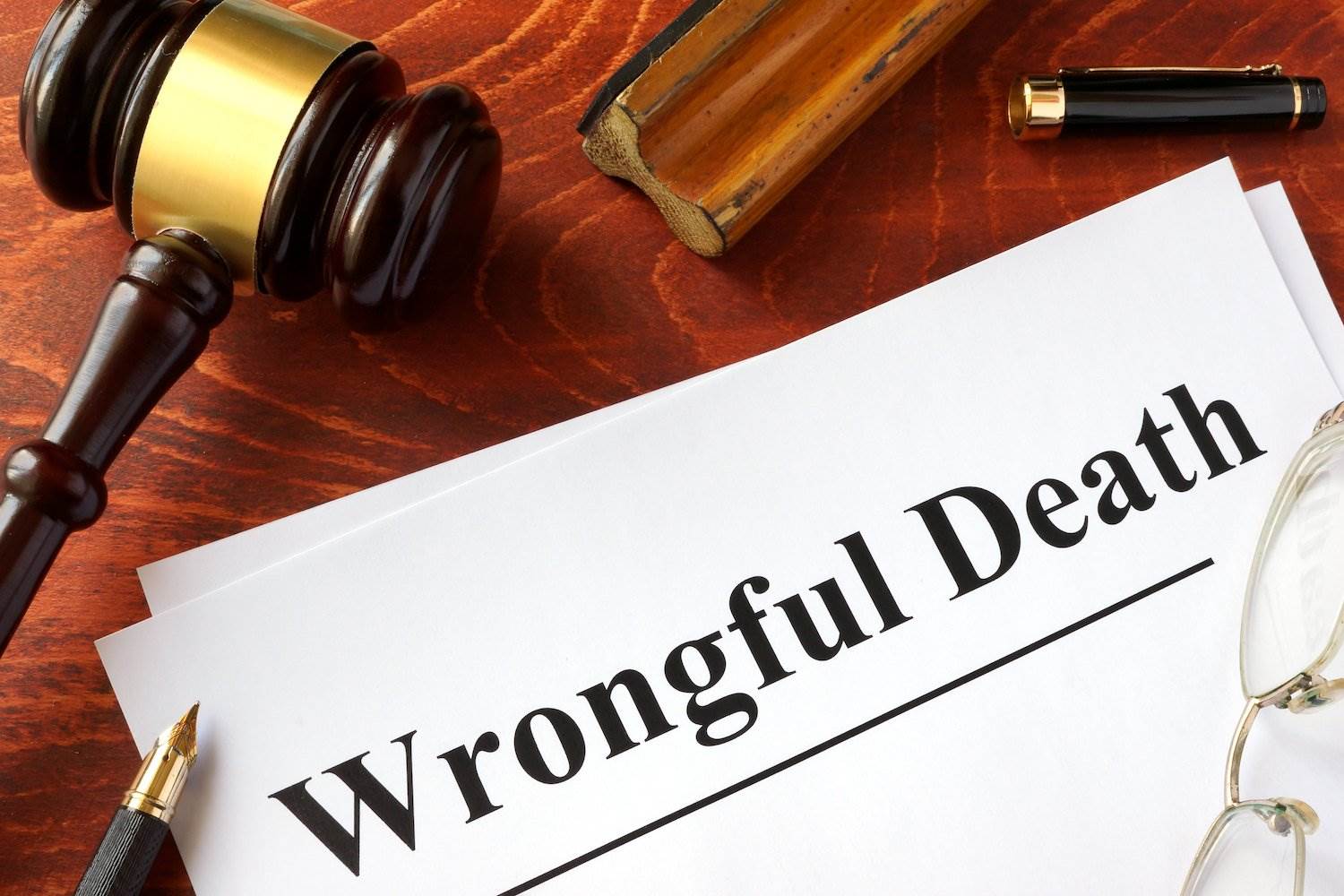Nevada Revised Statute 41.085 is the state’s wrongful death statute. It spells out how a deceased accident victim’s estate and heirs can sue the at-fault parties for compensatory- and possibly punitive damages. Wrongful death lawsuits can be successful even if the at-fault parties did not face criminal charges.
The text of Nevada’s wrongful death statute is:
NRS 41.085 Heirs and personal representatives may maintain action.
1. As used in this section, “heir” means a person who, under the laws of this State, would be entitled to succeed to the separate property of the decedent if the decedent had died intestate. The term does not include a person who is deemed to be a killer of the decedent pursuant to chapter 41B of NRS, and such a person shall be deemed to have predeceased the decedent as set forth in NRS 41B.330.
2. When the death of any person, whether or not a minor, is caused by the wrongful act or neglect of another, the heirs of the decedent and the personal representatives of the decedent may each maintain an action for damages against the person who caused the death, or if the wrongdoer is dead, against the wrongdoer’s personal representatives, whether the wrongdoer died before or after the death of the person injured by the wrongdoer. If any other person is responsible for the wrongful act or neglect, or if the wrongdoer is employed by another person who is responsible for the wrongdoer’s conduct, the action may be maintained against that other person, or if the other person is dead, against the other person’s personal representatives.
3. An action brought by the heirs of a decedent pursuant to subsection 2 and the cause of action of that decedent brought or maintained by the decedent’s personal representatives which arose out of the same wrongful act or neglect may be joined.
4. The heirs may prove their respective damages in the action brought pursuant to subsection 2 and the court or jury may award each person pecuniary damages for the person’s grief or sorrow, loss of probable support, companionship, society, comfort and consortium, and damages for pain, suffering or disfigurement of the decedent. The proceeds of any judgment for damages awarded under this subsection are not liable for any debt of the decedent.
5. The damages recoverable by the personal representatives of a decedent on behalf of the decedent’s estate include:
(a) Any special damages, such as medical expenses, which the decedent incurred or sustained before the decedent’s death, and funeral expenses; and
(b) Any penalties, including, but not limited to, exemplary or punitive damages, that the decedent would have recovered if the decedent had lived,
-> but do not include damages for pain, suffering or disfigurement of the decedent. The proceeds of any judgment for damages awarded under this subsection are liable for the debts of the decedent unless exempted by law.

Wrongful death suits are brought by intestate heirs and representatives of the decedent’s estate.
Nevada’s wrongful death statute‘s five subsections are explained below:
NRS 41.085(1)
The first subsection of Nevada’s wrongful death statute defines “heir.” An heir is someone who inherits the property of a person who dies without a will. The legal term of the deceased person is “decedent.”
Heirs typically include the decedent’s surviving spouse or domestic partner and children. If they do not exist or are not living, the heirs would be the decedent’s parents. If there are no parents living, then the decedent’s siblings. If there are no siblings, then the closest surviving family member.
Note that a decedent’s significant others, foster children, un-adopted step-children, and friends may never be claimants in a wrongful death case. It does not matter if they were beneficiaries in the decedent’s will.
If the person who killed the decedent would have been an heir, then the killer automatically forfeits any inheritance rights.1
NRS 41.085(2)
The second subsection of Nevada’s wrongful death statute allows a decedent’s personal representatives and heirs to each sue the people or companies who caused the person’s death.
If the killer is no longer alive, then the decedent’s heirs and personal representatives can instead sue the killer’s personal representatives for financial compensation.2
NRS 41.085(3)
The third subsection of Nevada’s wrongful death statute allows a decedent’s heirs and personal representatives to join their separate wrongful death lawsuits together.
This “joinder” of cases promotes judicial efficiency. (Although it is good practice to have different wrongful death attorneys representing the heirs and the estate.)
The statute of limitations to bring a Nevada wrongful death claim is usually two years after the death. But this time limit to sue can be tolled while the criminal case (if any) is ongoing. A personal injury attorney can explain to a family what the correct time periods are in their particular case under state law.3
NRS 41.085(4)
The fourth subsection of Nevada’s wrongful death statute allows a decedent’s heirs bringing a wrongful death case to recover the following economic- and non-economic damages:
- grief or sorrow,
- loss of probable support,
- loss of companionship,
- loss of society,
- loss of comfort,
- loss of consortium, and/or
- pain, suffering or disfigurement of the decedent.
And if the decedent was in debt at the time of death, these damages do not have to go towards repaying that debt.4
NRS 41.085(5)
The fifth subsection of Nevada’s wrongful death statute allows personal representatives of the deceased to recover the following types of damages on behalf of the deceased person’s estate:
- special damages, such as medical bills the decedent incurred before death;
- funeral expenses/burial expenses; and
- any exemplary or punitive damages that the decedent would have recovered if the decedent had lived.
And if the decedent was in debt at the time of death, these damages will go towards repaying the debt (unless exempted by law).
Note that a decedent’s personal representatives cannot recover damages for the pain, suffering or disfigurement of the decedent. Only heirs can recover those through a wrongful death suit.5



